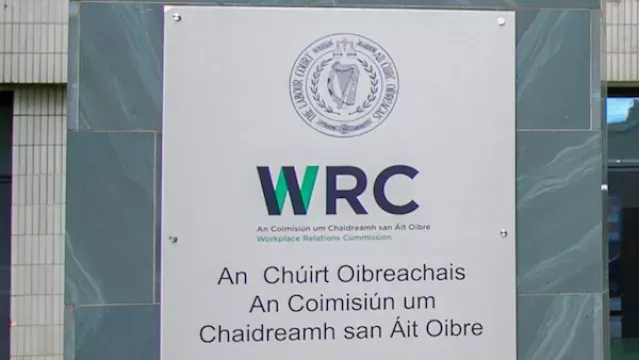Ireland Ranked Second in the World for Work-Life Balance
Ireland has once again been recognised as a global leader in work-life balance, ranking second in Remote’s 2025 Global Life-Work Balance Index. The annual Index measures how effectively countries enable employees to combine professional responsibilities with a fulfilling personal life.
About the Global Life-Work Balance Index
The Index, established by Remote in 2023, evaluates 60 of the world’s largest economies across a range of indicators, including:
- Average working hours
- Annual leave entitlements
- Access to healthcare
- Public safety
- Inclusivity and equality
Each country receives a score out of 100, reflecting how supportive the overall environment is for workers seeking balance.
Ireland’s Performance in 2025
With a score of 81.17, Ireland retained its position as the highest-ranking European country, improving on its 2024 performance and securing second place globally behind New Zealand.
Key factors contributing to Ireland’s strong showing included:
- A relatively high minimum wage
- A strong culture of community and camaraderie in the workplace
- Considered one of the safest countries to live and work
- Ongoing employment law reforms promoting flexibility and employee rights
Belgium, Germany, and Norway rounded out the top five. Meanwhile, the United States continued to fall in the rankings, placing 59th, largely due to public safety concerns and limited progress on inclusivity.
Recent Changes Driving Progress
Ireland has implemented significant changes to employment law in recent years. Initiatives such as increased parental leave entitlements, statutory sick pay, breastfeeding breaks, and the introduction of the right to request remote and flexible working have contributed to the country’s reputation as one of the most employee-friendly environments in Europe.
While these reforms have at times been criticised for placing additional cost burdens and responsibilities on employers, they also deliver tangible benefits. As Barbara Matthews, Chief People Officer at Remote, commented:
“It’s a reflection of our core belief that people perform at their best when they’re trusted to live fully outside of work, not just within it.”
Finding the Balance
Although some legislation, such as the right to request remote working, has been seen by some as weighted towards employers’ discretion, it has helped shift expectations. For the first time, Irish employees have a statutory framework to formally request the flexibility they need.
From an employer perspective, it is important to continue balancing these evolving rights with the operational demands of business. However, there is no doubt that a focus on work-life balance can improve engagement, retention and productivity over the long term. When employees have the space to manage life outside work and recharge, they return more focused and motivated.
Supporting Employers
We will continue to monitor developments in work-life balance policy and keep clients informed of any legislative changes. If you would like assistance reviewing your flexible working policies or planning strategies to support employee wellbeing, please get in touch with our HR team.
MSS The HR People info@mssthehrpeople.ie Ph: 01 8870690












